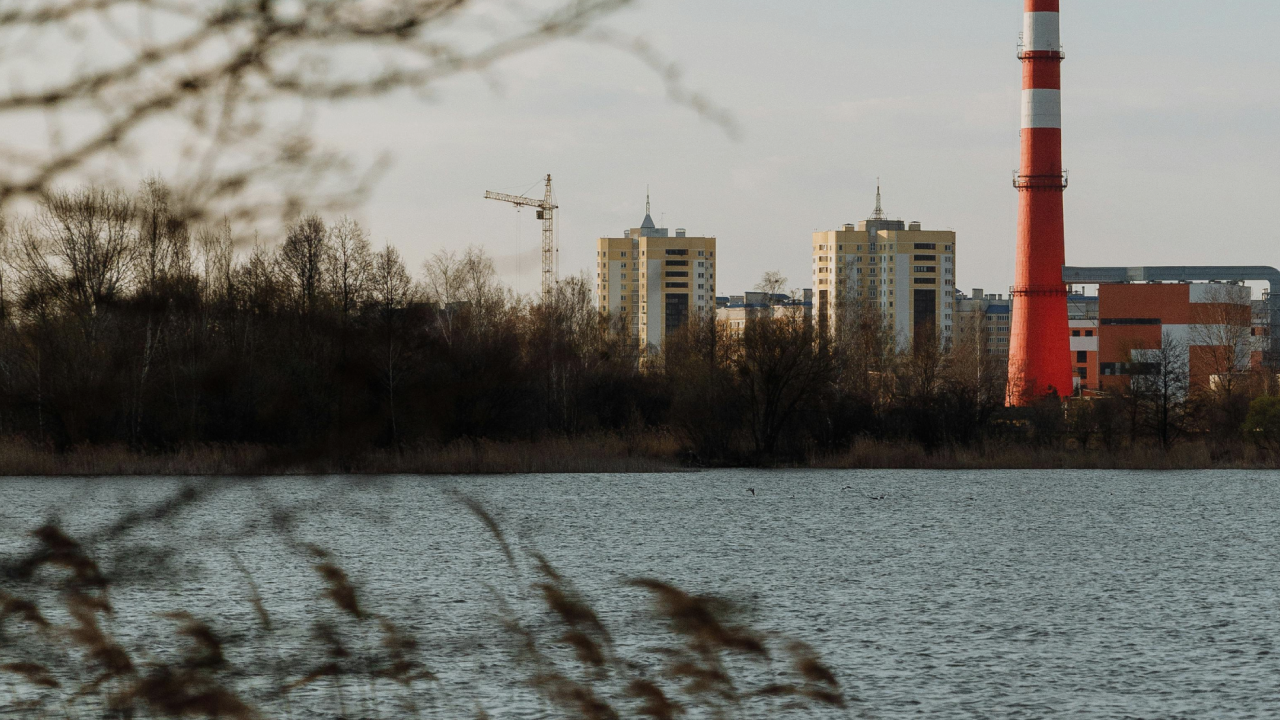Capturing Carbon, Supporting the Ocean
We can capture and store billions of tons of CO2 each year, turning biomass facilities into carbon-negative solutions.
pHathom’s technology enables the capture and long-term storage of CO2 through a novel approach that captures CO2 from combustion using limestone and other widely available natural minerals. This unique approach enables low-cost carbon capture and storage in coastal locations that do not have ready access to suitable geologic storage for CO2. pHathom’s technology has the potential to rapidly scale into a GT/yr carbon dioxide removal (CDR) credit generation opportunity when applied to biomass combustion.
We are partnering with sustainable biomass producers and CDR credit purchasers to quickly validate and scale the technology, and intend to commercialize this technology by 2030, providing a unique and compelling option for power producers and other large emitters to meet or exceed their 2030 and longer-term net-zero commitments.

Ocean-Based Carbon Solutions for a Sustainable Future
Why Coastal Carbon Capture?
Carbon-Negative Power Where Emissions Happen
Coastal bioenergy plants remain vital for reliable electricity and heat. pHathom’s technology bolts directly onto these facilities, capturing their CO₂ before it reaches the atmosphere.
Turning Limestone + Seawater into Permanent Storage
Inside our weathering reactor, a simple slurry of abundant limestone and seawater converts captured CO₂ into bicarbonate – a stable, ocean-safe form that locks carbon away for millennia without altering seawater pH.
Key Advantages of Our Technology
How it Works
Biomass combustion is a renewable resource that, when combined with pHathom’s capture technology, sequesters CO2 that would otherwise be released into the atmosphere. This creates a carbon-negative impact, offering a powerful solution for industries looking to remove more CO2 than they emit.
Capture
Collect CO2 released during the burning of biomass in power plants.
Convert
Transform CO2 into bicarbonate, a safe compound already found in oceans. pHathom reacts CO2 with naturally occurring limestone to produce bicarbonate, accelerating the natural weathering process that drives the ocean’s carbon cycle.
Store
Preserve the bicarbonate in the ocean, which helps mitigate acidification effects, providing long-term carbon storage.
Partnering for a Greener Future
pHathom is working with key industry players, including sustainable biomass producers, carbon capture research institutions, and MRV experts, to validate and scale the technology with the goal of full-scale commercial projects by 2030.